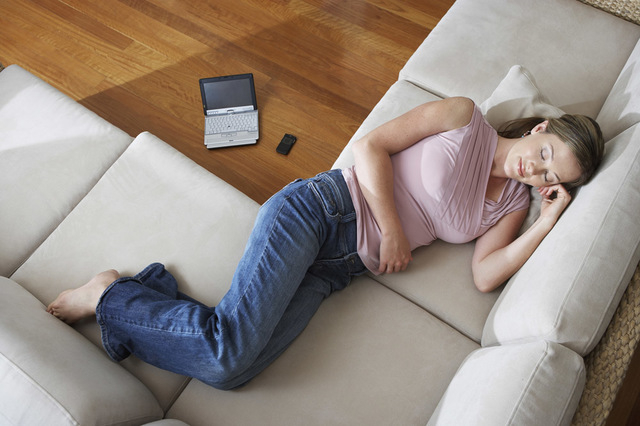Insomnia may be due to lack of (sleep) hygiene

In case you missed it, last week revealed that when it comes to sleep, we need to maintain our hygiene. And, no, I am not referring to brushing our teeth, washing our hair or scrubbing our armpits. Maintaining good sleep hygiene means that we are creating calming rituals and routines that put us in the best position to fall asleep and stay asleep.
Dr. Nina’s What You Need to Know on how to keep your sleep hygienic:
Napping
To nap or not to nap that is the question. The answer is that it depends on the reason, time and length of the nap, as well as our overall sleep quality. Studies are inconclusive as to whether or not naps are natural to a human’s sleep cycle. With that being said, we have all had days where it seems impossible to continue without an emergency nap. Unfortunately, we know that if we do, it may create a cycle of having trouble sleeping that night; thereby, landing us in the same predicament. And for those of us who suffer from sleep disturbances, that afternoon snooze may be detrimental. If we must nap, experts recommend keeping it short, sweet and early (before 3-4 pm).
Just Chill Out
You may wonder “what’s temperature got to do, got to do with it.” A lot, actually. And it shouldn’t be a secondhand thought. Researchers have shown that our body’s temperature drops to its lowest point four hours after we doze off. This corresponds with our REM cycle. If the room is too hot or too cold, it makes it more difficult to achieve this temperature drop and can lead to restlessness, especially during this important sleep cycle. Sounds fair enough. But it may be surprising to hear that the optimal temperature for sleep ranges from 60-68 degrees Fahrenheit! Brrrrr.
Keep it Moving, But Do it Early
We have heard this before: exercise is good for us. But did you know that it is a great way to help us improve our quality of sleep? For those who suffer with sleep disturbances, however, it may be one of the last things we want to hear. After all, who wants to hit the gym or go for a run when we are barely functioning? While the reasons are not 100% clear, it is believed that exercising decreases anxiety, depression and stress. However, if we do it too close to our bedtime (experts state within 3 hours), it can increase the production of stress hormones and keep us awake and counting sheep.
Avoid Overeating Close to Bedtime
Eating too much, too late can keep you awake at night. That full feeling can make us feel uncomfortable and cause reflux, especially in the lying down position (gravity does not help keep the food in the stomach). On another note, hunger pangs are also discomforting and can make your stomach growl loudly. The answer is to keep late night eating and snacking light.
Switch Gears When All Else Fails
Keep hope alive. While this may be true with many things in life, it may not be the case with sleep. When we have trouble falling asleep, or falling back to sleep after awakening at night, I often joke that it sharpens our math skills. After all, we are constantly looking at the clock trying to figure out how much sleep we will get if we fall asleep right now. However, lying there and staring at the clock or ceiling can become upsetting and stressful. To avoid this, do something about it. While keeping the lights dim, shift gears and partake in calming activities such as reading, meditating or listening to music. In other words, set the mood to fall asleep or fall back to sleep.
If the mockingbird doesn’t sing, the diamond ring changes into brass, the looking glass gets broke, the billy goat won’t pull, or the cart and bull fall down, don’t worry. Worry will only keep us awake. Let’s rely on proven rituals and routines to improve our sleep hygiene, so we can sleep tight, avoid bed bug bites, and, when it is time to rise in the morning, be ready to shine!
This information is for educational purposes and should not be considered specific medical advice. Always consult with a qualified medical professional regarding your individual circumstances.
Dr. Nina Radcliff is dedicated to her profession, her patients and her community, at large. She is passionate about sharing wise preventive health measures. Contact her on Facebook or Twitter @drninaradcliff.


















